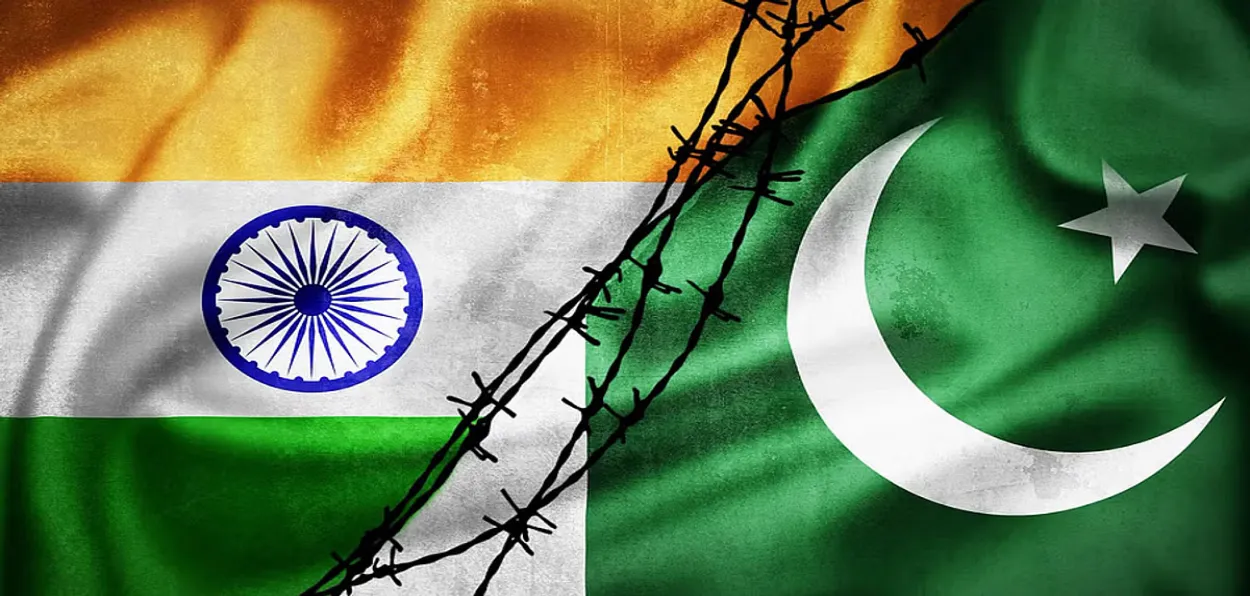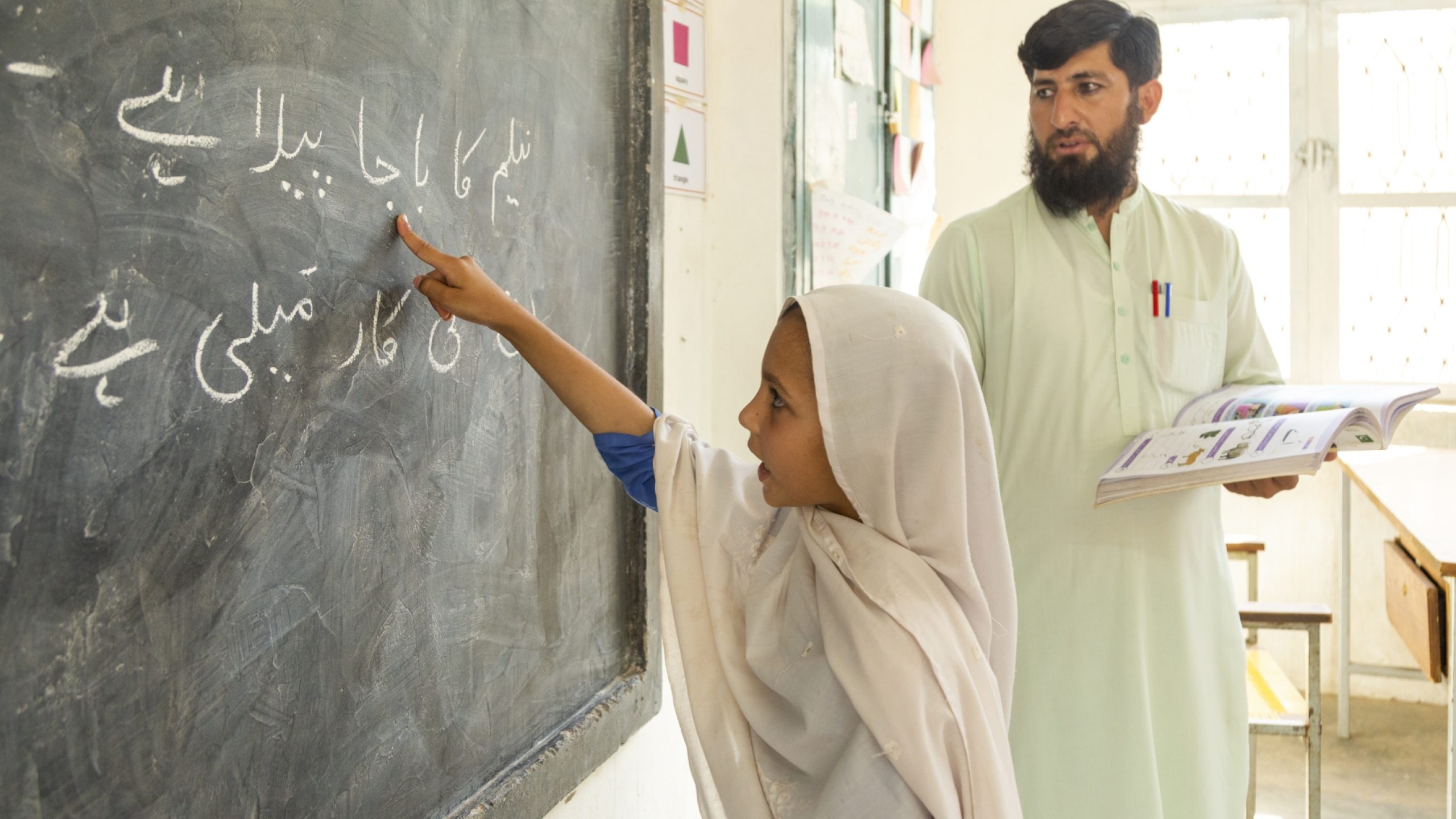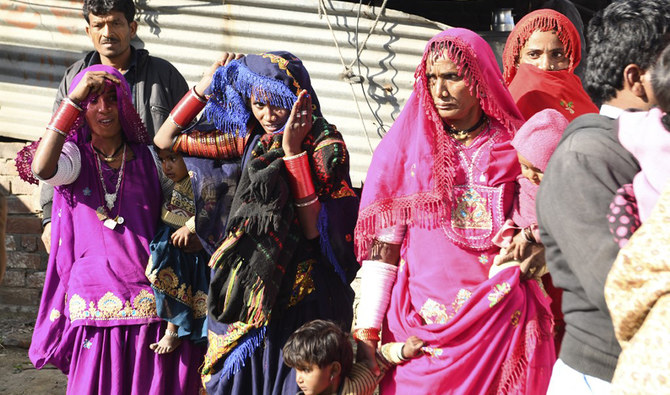
Uzma Khatoon & Abdullah Mansoor
The story of Pakistan begins with the belief that Hindus and Muslims are so fundamentally different that they can never truly live together. This idea, known as the Two-Nation Theory, became the foundation of Pakistan’s creation in 1947. It was not simply a matter of territory or power—it was about defining a separate identity based on hatred, fear, and religious separation. From the very start, Pakistan was shaped as a nation that existed not only apart from India, but in opposition to it. Former Chief Justice of Pakistan Muhammad Munir once said that the Two-Nation Theory was correct, and that Hindus and Muslims can never be one people.
Statements like these are still used to justify the country’s creation and sustain its national identity. As a result, Pakistan has repeatedly tried to prove its existence by distancing itself from India and portraying Hindus as enemies.
This mindset of defining oneself by opposing others has had deep and painful consequences. Rather than moving beyond the wounds of partition, Pakistan has kept them open. Its leaders chose not to build a society of equality and inclusion, but one where Islam was the only glue holding the nation together. Religion became the foundation of citizenship, and anyone who did not fit this mold—especially Hindus—was treated as an outsider. This exclusion was not subtle; it was loud, clear, and deliberate. It was broadcast in speeches, published in newspapers, and taught in schools. The division of 1947 did not end with physical borders—it entered classrooms, homes, and minds.
 Filling young minds with hate of India, Hindus: A class room in a school in Pakistan
Filling young minds with hate of India, Hindus: A class room in a school in Pakistan
As Pakistan tried to solidify its identity, it leaned more heavily on religion as a political tool. Islam was no longer just a personal faith—it became a weapon. Textbooks were rewritten to paint Hindus as traitors and kafirs, a term used not just to denote religious difference but to insult and dehumanize. Historical facts were twisted to suggest that Hindus had always oppressed Muslims and that the Indian National Congress was merely a Hindu organization determined to crush Muslim identity. Leaders promoted the idea that Muslims were forever victims, and that India would always be a threat. These narratives were not random—they were part of a state-sponsored effort to feed the idea of eternal hostility.
This toxic ideology was drilled into children through education. From an early age, students were taught to distrust Hindus, to see India as their natural enemy, and to believe that violence in the name of religion could be justified. Entire generations were raised on stories of Muslim suffering and Hindu cruelty. Peaceful coexistence was not presented as a possibility. Instead, fear and suspicion became the default lens through which people viewed the world. As a result, hatred was normalized—spoken in public, preached in religious institutions, and reinforced at every level of society.
The impact on Pakistan’s minorities was devastating. At the time of independence, Hindus made up a significant portion of the population. Today, they are a tiny fraction. Many have fled the country, driven out by violence, discrimination, and a sense of helplessness. Their temples have been attacked, their daughters kidnapped, and their voices ignored. Laws have been passed that label non-Muslims as second-class citizens. The Objectives Resolution declared that sovereignty belonged to Allah and that Islamic principles would guide governance. Only Muslims could hold the highest offices of power. Ahmadis, a peaceful Muslim sect, were declared non-Muslim by law in 1974, further showing how religion was used to exclude and punish.
This internal policy of religious dominance spilled over into foreign policy. Pakistan’s rivalry with India was framed not just as a political conflict, but as a religious war. Every military or diplomatic crisis was turned into a reminder of the Two-Nation Theory. The people were told that Hindus were scheming against Muslims, and that Kashmir had to be liberated to complete Pakistan’s destiny. This created a national mood of paranoia and hostility. Instead of solving domestic issues like poverty, unemployment, or education, leaders redirected public anger towards India. Hate was easier to sell than reform.

Persecuted minorities: Hindus of Pakistan
The 1980s saw the rise of a more militant and extremist version of this ideology under General Zia-ul-Haq. Islamic laws were made harsher. Religious schools, or madrasas, multiplied, and many taught an intolerant version of Islam. Students were told that jihad was not only allowed but required against non-Muslims. These schools created an entire generation of young men willing to die—or kill—in the name of religion. Terrorist organizations flourished in this climate. Some focused their violence inside Pakistan, while others targeted India and Afghanistan. What began as ideological hate soon turned into bloodshed.
The propaganda in textbooks only grew worse. Hindus were described as greedy, manipulative, and cruel. India was portrayed as a land of constant danger. Peace was dismissed as weakness. War was glorified. These lessons were not limited to history or religion—they infiltrated every subject. Children learned that their identity as Pakistanis depended on seeing Hindus as eternal enemies. This psychological warfare left little space for empathy, for dialogue, or for change.
Among the most disturbing ideas promoted by extremists is the concept of "Ghazwa-e-Hind," a mythological belief that Muslims will one day conquer India. Although not found in the Quran or mainstream Islamic teachings, this idea is used to radicalize young minds. It gives a false religious justification to violence and creates a fantasy of victory that distracts from real issues. True Islam teaches peace, compassion, and coexistence. It values human life and condemns aggression. But in Pakistan, the message of Islam has been hijacked by those who seek power through fear.
The consequences of this ideological poisoning have been tragic and far-reaching. Terrorist groups in the region use religion as a cover for brutality. They bomb schools, kill civilians, and silence dissent—all while claiming religious legitimacy. But their actions betray the core of Islam, which prohibits killing innocents and encourages mercy. These groups have not only hurt Pakistan but have destabilized the entire region. Their hatred has crossed borders, affecting India and beyond.
India, a multi-religious and democratic nation, has every reason to worry about the spread of this ideology. When a neighboring country promotes hatred through its education, religion, and politics, it creates an atmosphere of mistrust and fear. No border can contain ideas. They flow through media, social networks, and whispers. Pakistan’s internal choices have become a regional threat. The promise of friendship and peace remains out of reach when one side refuses to see the other as human.
But the situation is not hopeless. Pakistan can still choose a better path. It must reject the idea that its survival depends on hating Hindus or India. Instead, it must embrace a liberal, inclusive Islam—one that reflects the values of mercy, equality, and justice. This kind of Islam does not see difference as a threat, but as a gift. It does not build walls—it builds bridges. The government must reform the curriculum, remove hate-filled content, and promote stories of peace and coexistence. Political leaders must stop using religion to divide and distract. Religious scholars must reclaim the narrative and speak against violence. Civil society must demand change—not just for minorities, but for the soul of the nation.
Pakistan’s youth deserve more than fear. They deserve truth, compassion, and hope. They must not be raised to hate, but to dream. A nation built on opposition can never find peace. A nation built on shared humanity can. The true strength of Pakistan will not come from its weapons or its borders, but from its ability to love its neighbors, to cherish diversity, and to find peace within itself.
ALSO READ: Op Sindoor: Bold attack on Pakistan unbridled use of terror as state policy
History does not have to define the future. Pakistan can still write a new story—one of tolerance, of courage, and of unity. But first, it must face the truth of its past and find the strength to change.
Dr.Uzma Khatoon has taught at the Aligarh Muslim University and Abdullah Mansoor runs Pasmanda Democracy portal.
